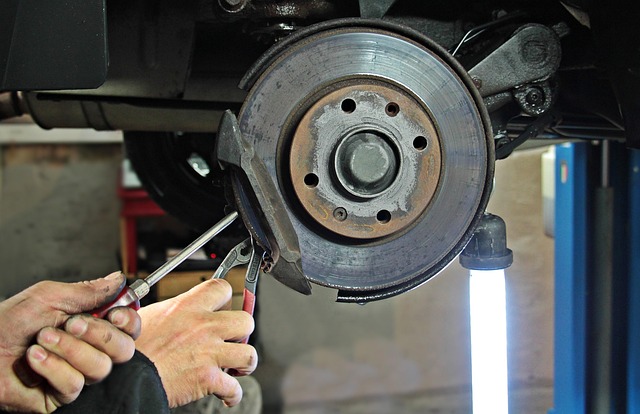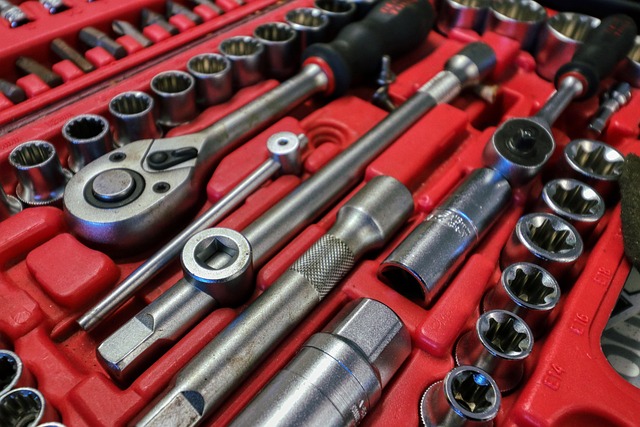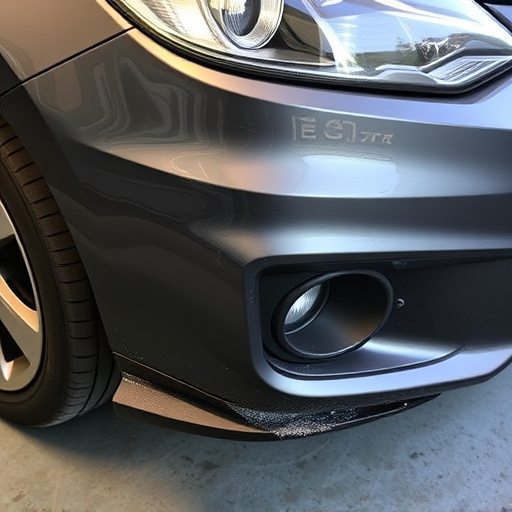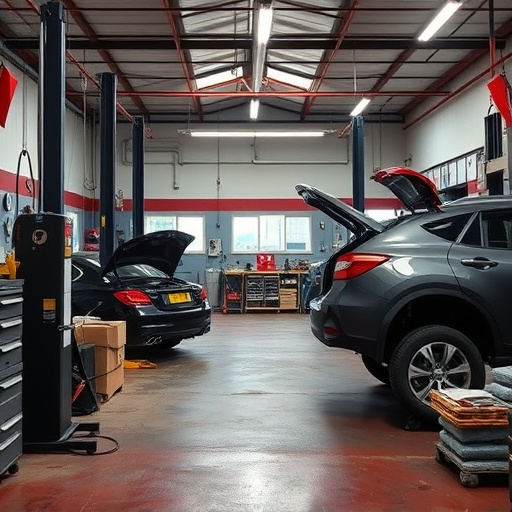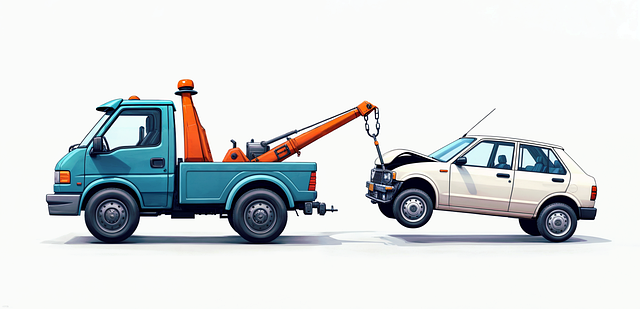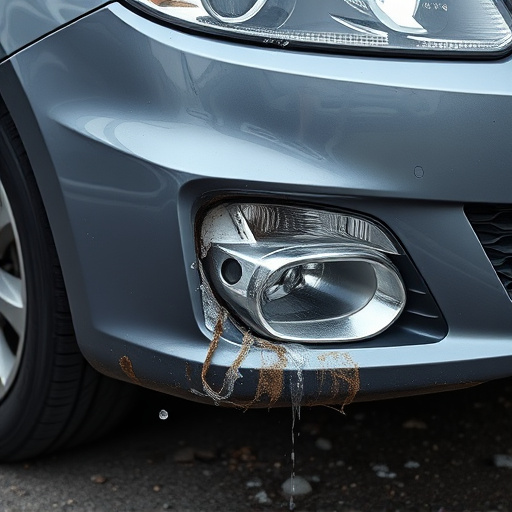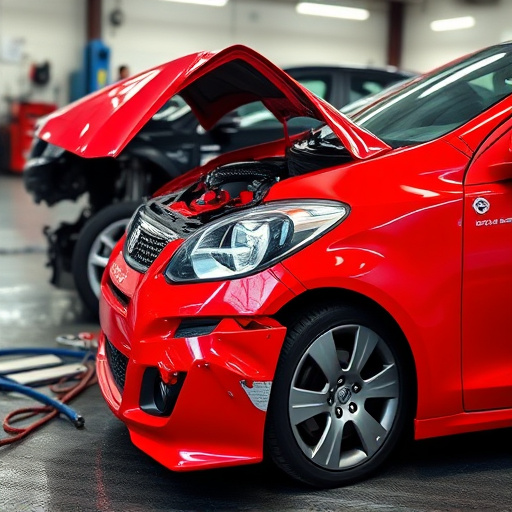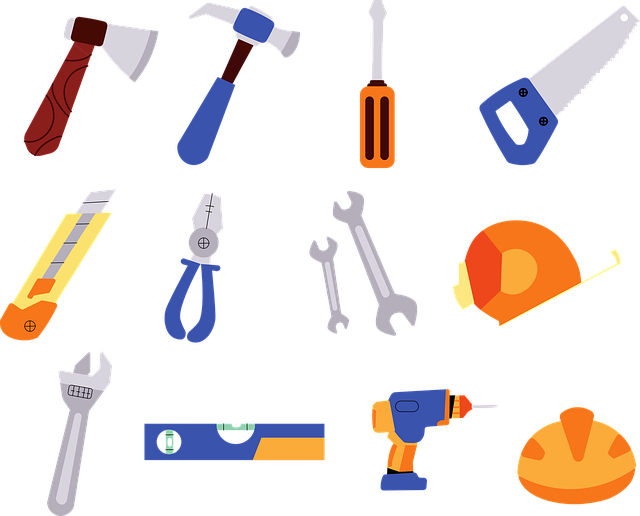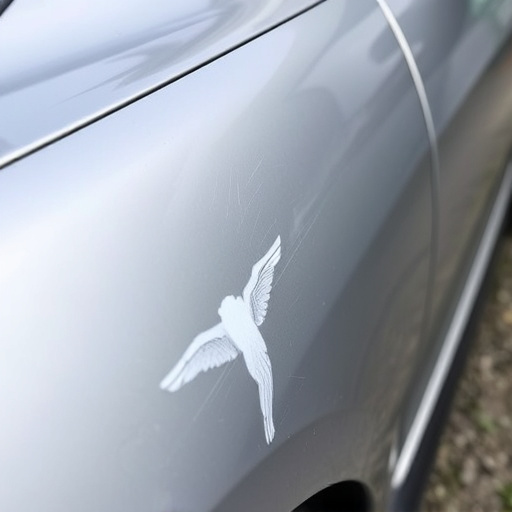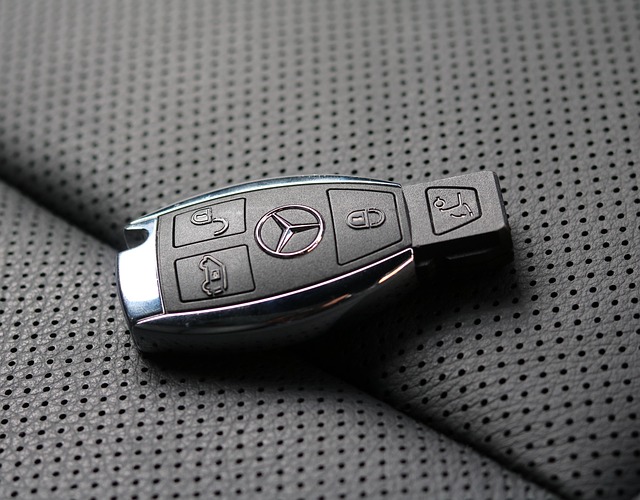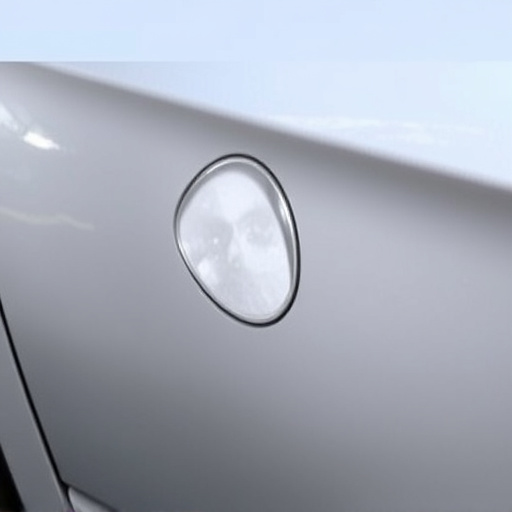Understanding dent repair estimates is crucial for making informed decisions about restoring your vehicle's appearance. Costs vary based on damage severity, with minor dents often repaired less expensively (e.g., painting) while extensive damage may require replacement parts and more intricate labor. DIY repairs can save money but require careful consideration; improper techniques could lead to unsatisfactory outcomes or reduced car value. Online tutorials and kits lower estimated costs, but professional help remains recommended for complex damage to ensure a seamless finish and maintained resale value.
“In today’s world, understanding dent repair estimates is crucial before taking on car repairs. This article delves into the intricacies of dent repair costs, offering insights for both professional services and DIY attempts. We explore the pros and cons of attempting DIY repairs, focusing on financial savings. By understanding the basics of dent repair estimates, you can make informed decisions to reduce costs effectively. Whether opting for a professional or taking on the challenge yourself, knowledge is key to keeping your dent repair expenses in check.”
- Understanding Dent Repair Estimates: The Basics
- DIY Repairs: Pros and Cons for Your Wallet
- Strategies to Reduce Dent Repair Costs Effectively
Understanding Dent Repair Estimates: The Basics
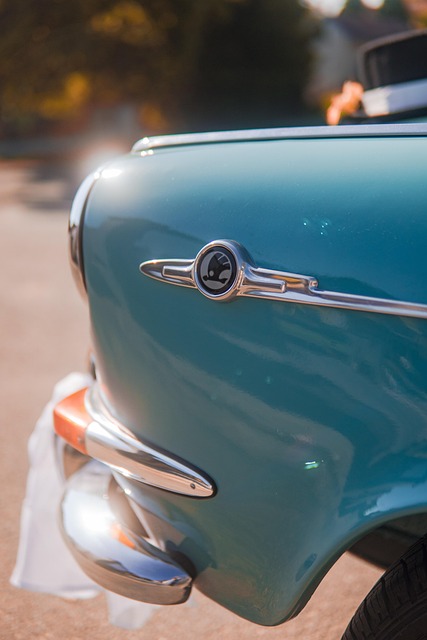
When it comes to understanding dent repair estimates, knowing the basics is crucial for making informed decisions. Dent repair estimates are detailed breakdowns that outline the cost of fixing dents or dings on your vehicle. These estimates typically include labor costs and materials required to restore your car’s appearance. The process starts with an inspection where technicians assess the damage, determining its severity and the best course of action.
For minor dents, like a small bump or ding, repairs might involve painting over the affected area, which is generally less expensive. More extensive damage, such as large dents or those affecting structural components, may require replacement parts and more intricate labor, leading to higher dent repair estimates. Car body shops use specialized tools and techniques for each unique case, ensuring precise and effective car paint services to match your vehicle’s original finish.
DIY Repairs: Pros and Cons for Your Wallet
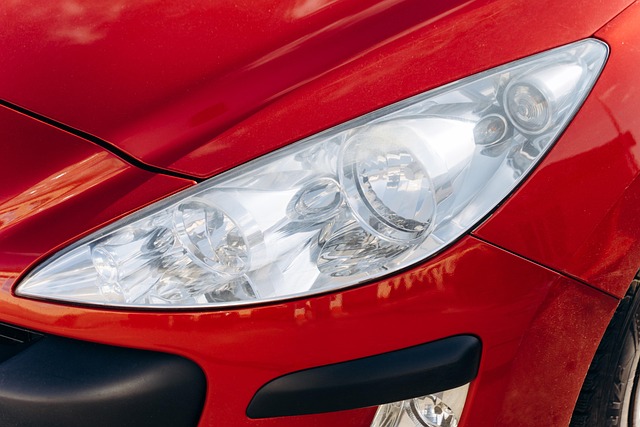
DIY repairs can be an attractive option for those looking to save money on dent repair estimates. The ability to fix small dents and dings yourself offers numerous benefits, especially in terms of cost-effectiveness. Many people opt to tackle these minor repairs as a form of auto maintenance, choosing to perform the work themselves rather than visiting a vehicle body shop. This approach can significantly reduce expenses, making it an appealing choice for budget-conscious individuals.
However, while DIY auto body restoration has its advantages, there are also drawbacks to consider. Attempting these repairs without proper knowledge or experience may lead to subpar results or even further damage. Moreover, certain tools and techniques required for dent repair can be challenging to master, especially for those without professional training. The risk of causing more harm than good should be weighed against the potential savings, as it might ultimately impact the overall value of your vehicle.
Strategies to Reduce Dent Repair Costs Effectively
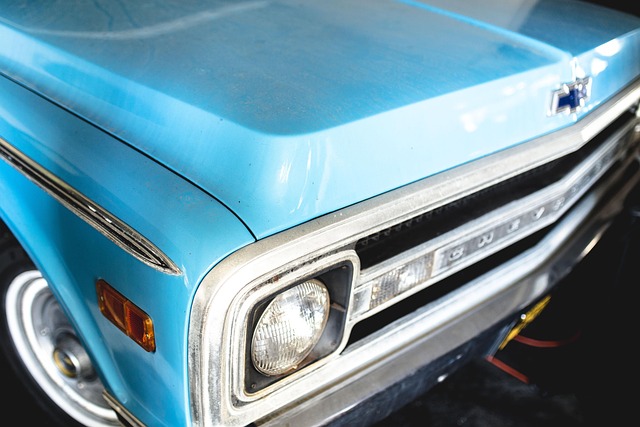
In today’s digital era, many DIY enthusiasts are turning to online tutorials and kits to tackle dent repairs themselves. This trend offers a practical solution for those looking to reduce dent repair estimates significantly. By taking on smaller dents and scratches with car paint repair or fender repair kits, individuals can save considerable amounts of money compared to professional services. Auto detailing, while not always involved in direct dent repair, plays a crucial role in maintaining the vehicle’s appearance afterwards.
Effective strategies include thorough research on the specific repair technique, investment in high-quality tools and materials, and following detailed instructions closely. Additionally, practicing on cheaper parts or old panels before attempting repairs on the main body can prevent costly mistakes. Remember that while DIY methods save money, they may not always yield perfect results. For extensive damage or complex shapes, enlisting professional help remains the best course of action to ensure a seamless finish and preserve the car’s resale value.
DIY repairs can significantly impact dent repair estimates, offering cost-effective solutions for minor damages. While it saves money, considering the time and potential risks involved, professional assistance remains crucial for complex dents. By understanding both DIY and professional services, car owners can make informed decisions to reduce dent repair costs without compromising quality.
